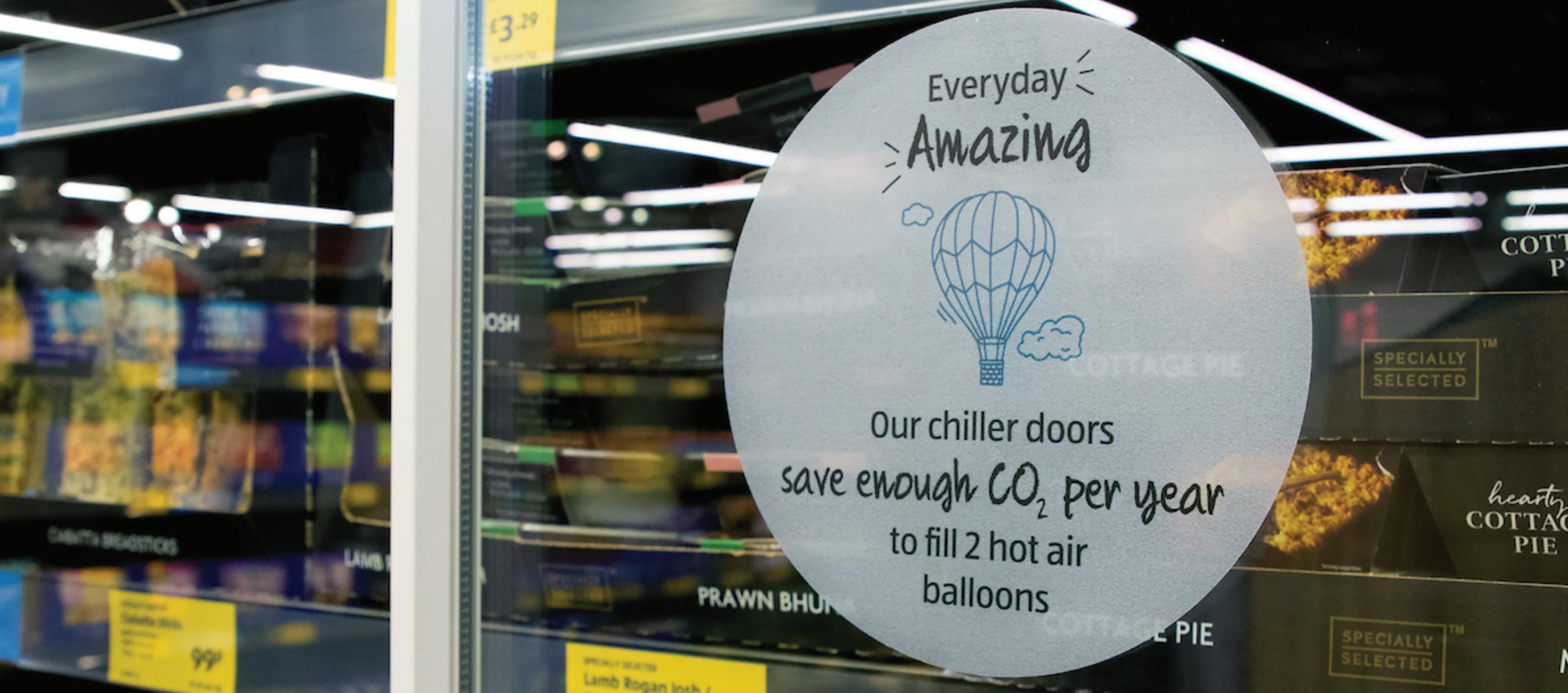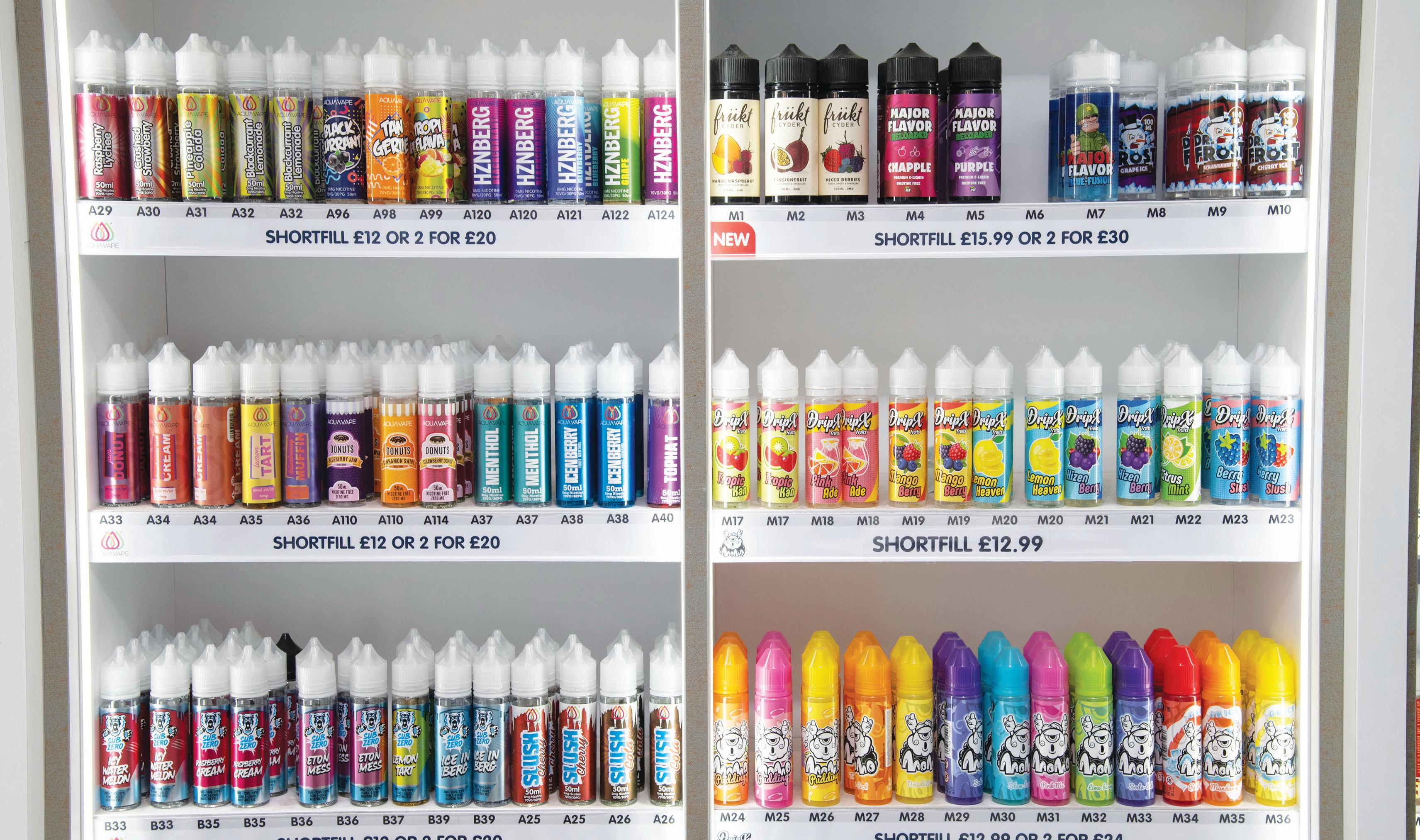
3 minute read
SUSTAINABILITY NEWS
from RN - 4 March 2022
SUSTAINABILITY
NatWest loans to go green
NatWest has announced a ‘green loan’ scheme helping businesses finance assets to support sustainability initiatives.
Borrowing options from £50,001, with fixed and variable-interest-rate loans are available, with no arrangement fees.
Although subject to approval, the bank said the loans can be used for a range of measures, including retrofits for buildings and low-carbon-heating measures, renewableenergy generation and energy storage, electric vehicles and renewable technology.
To apply, contact NatWest. Those eligible will be asked to provide an invoice explaining the loan purpose.
The news comes after HSBC unveiled a £500m fund for the same cause.
Messages key to eco retailing
Independent retailers have been urged to increase marketing of sustainable products with in-store messaging.
The push comes after Sainsbury’s rolled out gondola ends last week branded ‘supporting sustainability’ to attract customers passing by.
Shelf-edge labels have been added to ranges such as alcohol, tea and coffee, detailing how the brand in question is helping to save the planet.
TWC communications director Sarah Coleman reinforced the importance of messaging, stating “there is an opportunity to talk up the environmental benefits of shopping at convenience stores”. More than 40 brands are now signed up to Too Good To Go’s initiative to tackle date-label confusion.
Launched last year, the food-waste company’s ‘Look, smell, taste, don’t waste’ campaign was created to educate consumers on using their senses instead of just following best-before labels.
The initiative also encourages food brands to move from use-by to bestbefore labels, where safe, to reduce food waste.
The 40 brands taking part in the campaign include Arla, Danone, Nestlé, PepsiCo and Yeo Valley Organic.
Some best-before product lines from these brands now include an image designed to remind consumers to trust their judgement instead of relying on labels.
Jamie Crummie, cofounder of Too Good To Go, said: “There is still a huge amount of consumer education to be done, and there are tons more brands who we’d love to join our campaign.
“The average Brit is throwing away £303worth of food a year, on average, due to it being past its best-before date.”
Latest survey data compiled by Too Good To Go found that, while 64% of British adults understand that best-before dates mean the food will not be at its best quality after the date shown, only 52% believe food past that date is safe to eat.
C-stores lead demand for the refillable stations
by Alex Yau
alex.yau@newtrade.co.uk
Convenience stores have helped fuel “considerable growth” in the demand for refillable stations, according to Martek Zero Waste (MZW).
The stations are the latest service offered by stores that want to improve their sustainability.
They can be filled with products such as oats, pasta or washing-up liquid, enabling customers to dispense the items into containers they have brought into stores.
Cameron Galloway, director of refillable station manufacturer MZW, told RN the refill stations were quickly gaining acceptance within the convenience sector. “As a system, refillable stations have been around for a while. What has driven it recently is that people are seeing it work on a much larger scale,” he said.
“The stations have previously only been used by specialist stores, but larger retailers are now introducing them.
“When a large supermarket runs with something, you tend to see a chain reaction. We’re working with a large number of retailers and they’re growing in convenience.”
Morrisons and Asda are among the first major supermarkets to trial refillable stations, and independent retail chains, such as Spar’s Eat17 and Thornton’s Budgens, have offered refillable stations.
MZW, which has installed stations in 2,000 stores overall, has also struck a partnership with Central England Co-op that will see refillable stations introduced into the chain’s stores.
Galloway said the mostpopular lines stocked by refillable stations include pulses, pasta, nuts, beans, honey, shampoo, detergent, cereals, washing-up liquids, sugar and flour.
Explaining previous barriers to the adoption of refillable stations, Galloway added: “A lot of times these systems have been trialled and have fallen by the wayside because the correct processes weren’t trialled and they weren’t seen as very profitable.
“There wasn’t much choice before. Now, we’re seeing large producers offer different options to retailers, which has helped with adoption.”
Galloway added increased public awareness of sustainability will only increase demand for refillable stations. “It was really gathering momentum a couple of years ago, but Covid threw it all on its head,” he said.
“This year, there’s been an emphasis on gaining lost ground and a lot of the public will be conscious about reducing singleuse plastics. The past 12 months have seen a faster increase in demand.”







